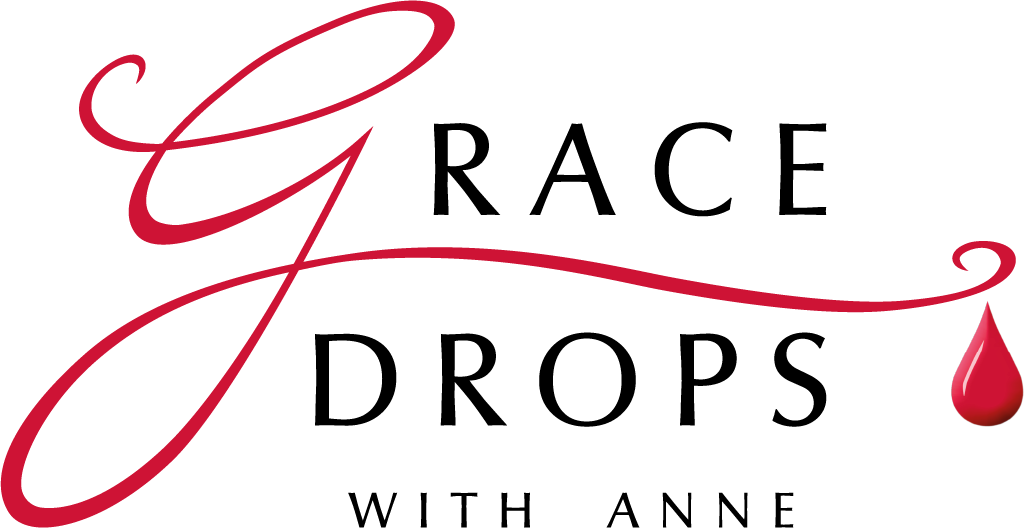Leviathan is described as a monstrous multi-headed dragon of the sea that God created to frolic in the deep. Yet, as I indicated in the last session, it’s also described in a way that mysteriously parallels the inner court of the Temple where the Levites minister. Within that royal courts of heaven, in the counterpart of the sanctuary on earth, Leviathan was tasked with ensuring that honour and glory was maintained.
So, although we are told to enter boldly into God’s presence, that doesn’t mean we can approach His throne of grace offering a mix of honour and dishonour, either because we are ignorant of how to respect the Lord’s holiness or because we are indifferent and think He’s so loving He will tolerate any attitude from us. It rather means that we can be confident that God is willing to forgive unintentional dishonour—if we ask Him to do so. We can’t simply presume on His mercy—that is arrogance and therefore dishonour. Certainly, God is willing to accept us just the way we are—but He’s not willing to accept that we stay just the way we are.
So Leviathan has the legal right to retaliate against us for dishonour. Sooner or later. Later or sooner. Whenever. It will get around to dealing with us when the most opportune time presents itself. It will wait until it can be sure that the sting of backlash is severe enough for us to learn the lesson straight away.
Yet sometimes there’s no delay when it comes to retaliation. It arrives within the hour and it’s savage and merciless. Both in Scripture and in the real-life situations I’ve encountered, there is an extra aspect to the dishonour that seems to invite instant backlash. That is when the dishonour occurs during prayer.
We see several examples in Scripture. When King Uzziah enters the Temple and prepares to offer incense at the prayer altar, he is at once struck with leprosy. When Jeroboam insults a prophet at the prayer altar, his arm immediately withers. When the followers of Korah, Dathan and Abiram take up their censers to offer prayer while grumbling about their rights, the earth opens up and swallows them.
The same is true today. I’ve known people to get hold of a so-called ‘powerful’ prayer and speak it out, even though they felt impressed by the Holy Spirit that the wording was unclean. The reprisal was incredibly swift and brutal. In desperation, they look for a ‘more powerful’ prayer instead of running to Jesus, admitting their sin and pleading for His mercy. There is never a ‘more powerful’ prayer—there is only our all-powerful mediator, Jesus.
Because of the particular Hebrew words associated with the prayer altar, I’ve found it appropriate to consider that Leviathan operates under a different guise in these instances. It has a different ‘face’ or ‘head’ or ‘persona’, if you like. I call that alter ego, Resheph.
This is Grace Drops; I’m Anne Hamilton. May you always honour and hallow God’s name in prayer.
Thank you to Lorna Skinner of www.riversofmusic.co.uk for the background music.

More on the spirit of Leviathan can be found in the paperback or ebook, Dealing with Leviathan: Spirit of Retaliation, Strategies for the Threshold #5. More on the spirit of Resheph can be found in the paperback, Dealing with Resheph: Spirit of Trouble, Strategies for the Threshold #6.


Hello,
Today is my first time listening and I’m binging. I’ve read 2 of your books, and it’s fascinating.
Question about this quote:
“I’ve known people to get hold of a so-called ‘powerful’ prayer and speak it out, even though they felt impressed by the Holy Spirit that the wording was unclean.” –
How does one know or what constitutes as unclean wording?
Thank you in advance!
Thanks for this question because it’s such an interesting one. There are two ways of knowing: either a person is actually aware of the Scripture that says “don’t do this” or alternatively the Holy Spirit warns us with a sense of “don’t do this”. In every tragic story I’ve ever heard where the people did not know the Scripture and went ahead on the basis of ignorance, I’ve also heard them speak of the moment when they were told to turn back. But they felt loyal to the leader they were following, rather than loyal to the internal witness of the Spirit. So I believe that the Holy Spirit never allows us to put ourselves in harm’s way without warning us of the dangers. But it takes courage, especially in a group, to be the odd one out and say, “I don’t feel this is right.”